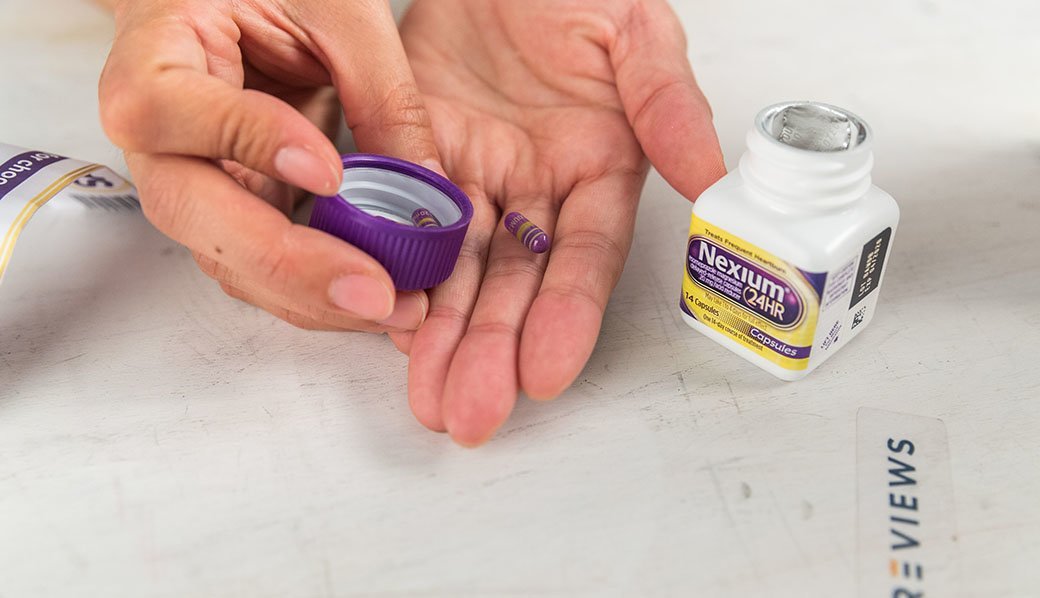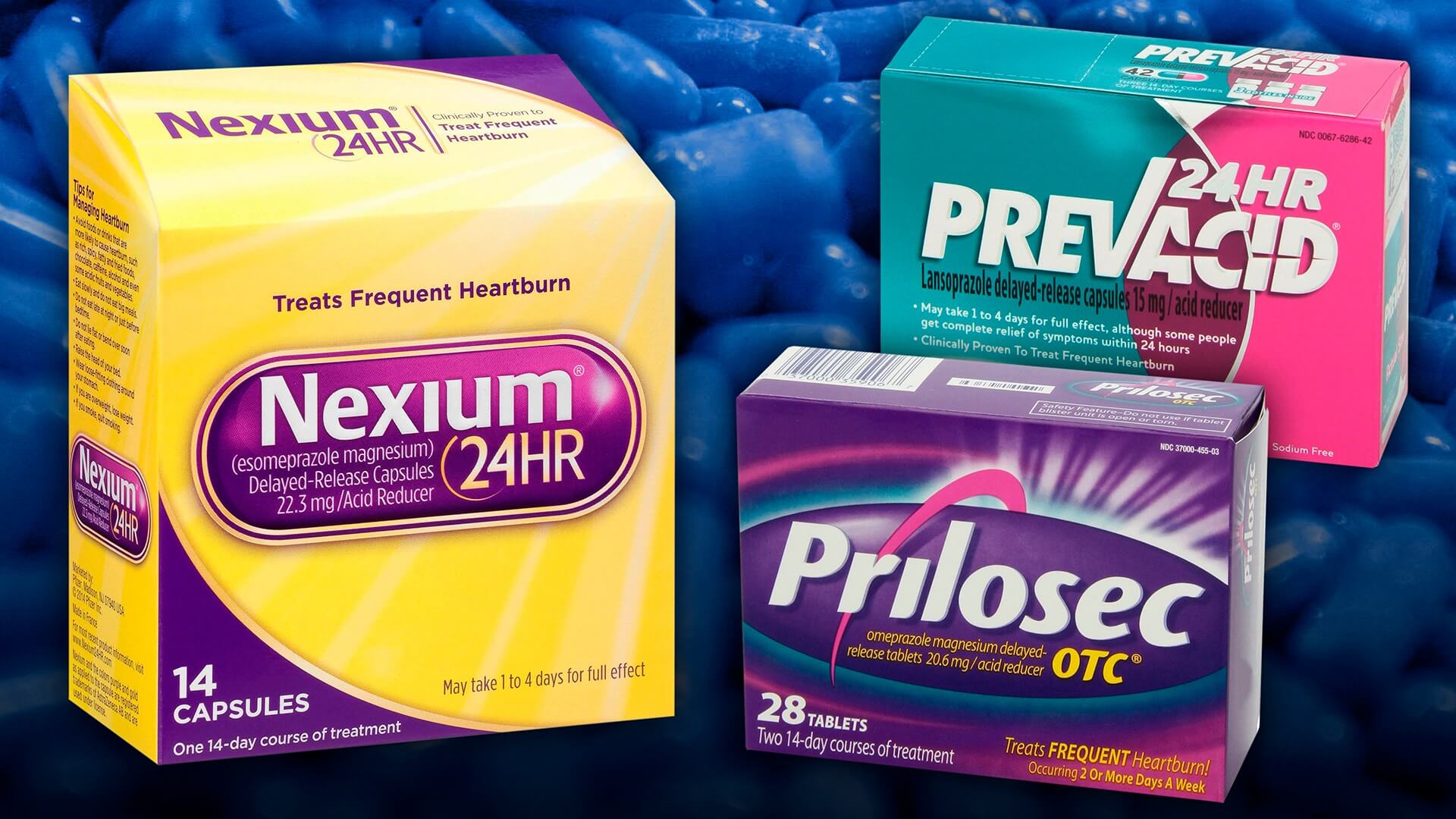
They occur in 1-2% of patients given PPIs. Information on side effects from studies where a PPI is compared to a placebo shows that the most common side effects are headache, abdominal pain, bloating, diarrhea and nausea. Dexilant was originally known as Kapidex. Zegerid is a combination of omeprazole and sodium bicarbonate.ĭexlansoprazole (Dexilant) was FDA approved in 2009. Food and Drug Administration (FDA) in 2001.

Pantoprazole is marketed as being cheaper, and may be better for patients paying for their own medications.Įsomeprazole (Nexium), a new and very potent PPI, was approved by the U.S. Rabeprazole and pantoprazole are smaller and may be better for patients who have problems swallowing capsules. While the newer medications, rabeprazole (Aciphex) and pantoprazole (Protonix) have data to suggest better suppression of stomach acid compared to omeprazole, there is no proof that the differences are clinically important. Omeprazole and lansoprazole are now available over-the-counter. Omeprazole (Prilosec) and lansoprazole (Prevacid) have been available the longest and consequently are the most familiar to physicians and patients. There are no significant differences in overall healing and symptom improvement rates between the medications. There are relatively few comparisons of these drugs with each other.Īll the medications heal esophagitis in 90–94% of patients. The medications are structurally and chemically similar. There are a number of PPIs available in the United States and more are in development. However, side effects can occur, and some people are at increased risk for adverse events (see below). This probably explains the tremendous safety of these medications. They work by blocking the site of acid production in the parietal cell of the stomach.īecause there are millions of parietal cells that are constantly reproducing, complete inhibition of stomach acid production is virtually impossible. Proton pump inhibitors (PPIs) are the most commonly prescribed class of medication for the treatment of heartburn and acid-related disorders.

Patrick Waring, MD, a gastroenterologist at Digestive Healthcare of Georgia, Piedmont Hospital, Atlanta, GA What are the differences between proton pump inhibitors? Do they all have the same side effect profile? If I experience side effects from one, will I experience the same effects if I try another?īy: J. Comparing Benefits and Risks of GERD Treatments.

Getting the Most Out of Your Medications.Heartburn: Nothing to do with the Heart.Diet Advice for Barrett’s Esophagus and GERD.The Prevalence and Impact of Gastroesophageal Reflux Disease.


 0 kommentar(er)
0 kommentar(er)
